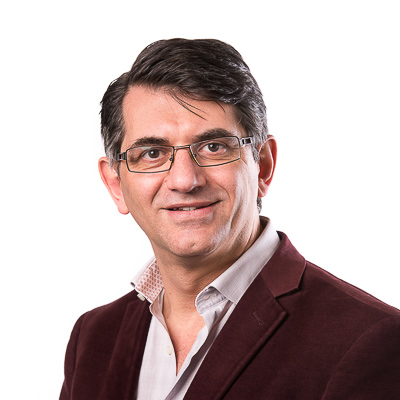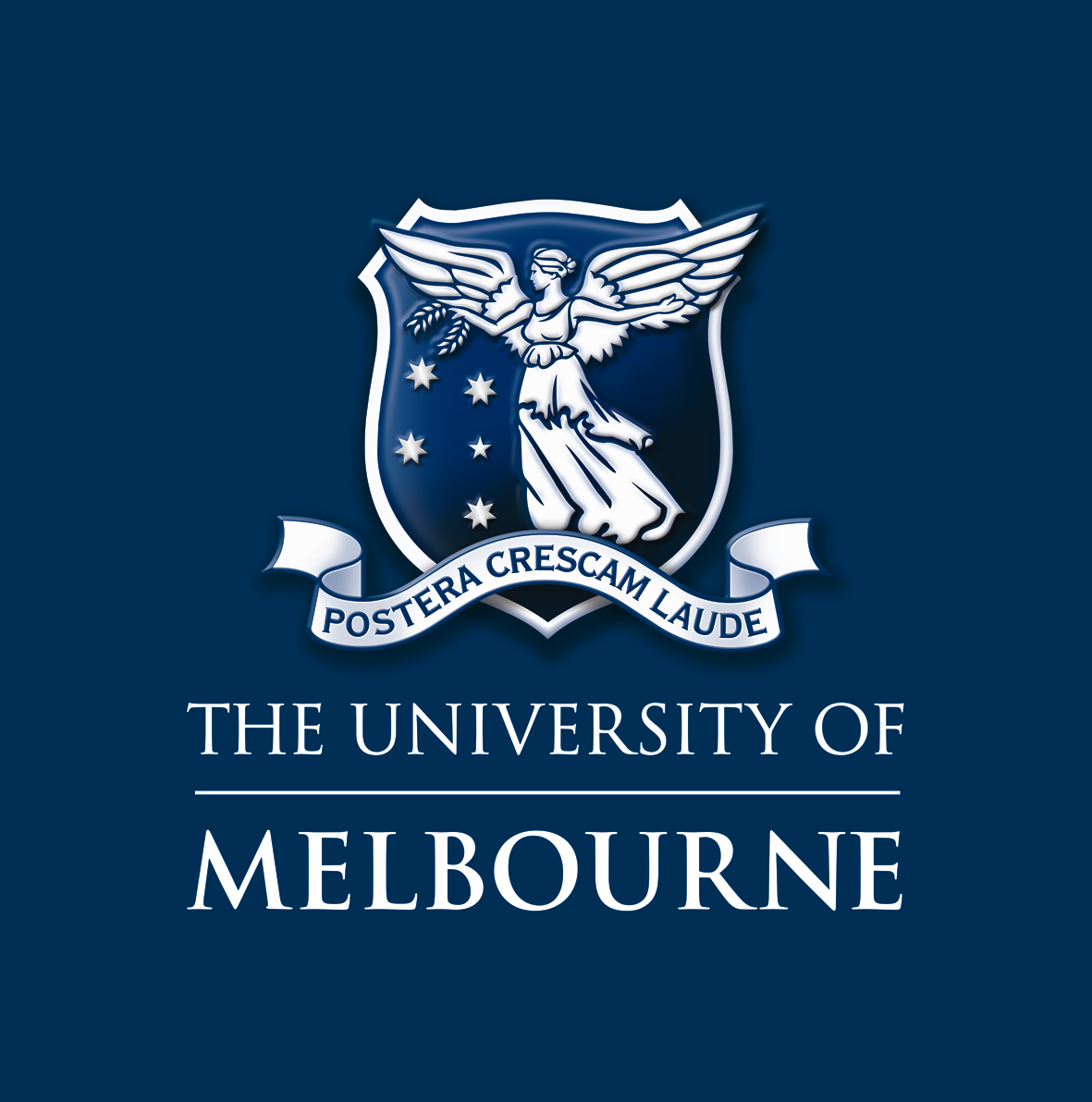Project: Regulating macrophage 'eating' for cancer and pathogen control
Villadangos Group
The surface receptor SIRPα plays an important role in regulating phagocytosis by macrophages. This vital innate defence mechanism is vital against pathogens and tumours. We previously found that following sepsis in humans and mice, SIRPa surface levels decreased and this lead to reduced phagocytosis and loss of antimicrobial immunity. However, little is known about the molecular regulation of SIRPα and what causes it to go up or down. This project will use whole-genome wide CRISPR screens to investigate the molecular mechanism of SIRPα modulation. It will define new targets for therapeutics to boost macrophage function against infectious diseases and cancer. Further reading: Roquilly et al Nature Immunology, 2020. doi.org/10.1038/s41590-020-0673-x
Contact project supervisor for further
information and application enquiries
Villadangos Group
6 vacancies

The Villadangos group studies the first event that triggers adaptive immune responses: the presentation of pathogen or tumour antigens to T cells by dendritic cells, B cells and macrophages. We are characterising the development, regulation and impairment of antigen presenting cells by pathogens, inflammatory mediators and tumours. We are also dissecting the biochemical machinery involved in antigen capture, processing and presentation. We use this knowledge to understand how T cell-dependent immunity is initiated and maintained, and apply it to design better vaccines and immunotherapies against infectious agents and cancer.
Villadangos Group Current Projects
-
MR1 – a molecular alarm system for intracellular bacterial infection
PhD/MPhil, Master of Biomedical Science, Honours
-
A novel link between metabolism and host defence: O-GlcNAc glycosylation
PhD/MPhil, Master of Biomedical Science, Honours
-
Improving the formation of protective immunity against human viruses
PhD/MPhil, Master of Biomedical Science, Honours
-
Trogocytosis: a novel communication system between cells of the immune system
PhD/MPhil, Master of Biomedical Science, Honours
-
Regulating macrophage 'eating' for cancer and pathogen control
PhD/MPhil, Master of Biomedical Science, Honours
-
The immune signature of sepsis
PhD/MPhil, Master of Biomedical Science, Honours



